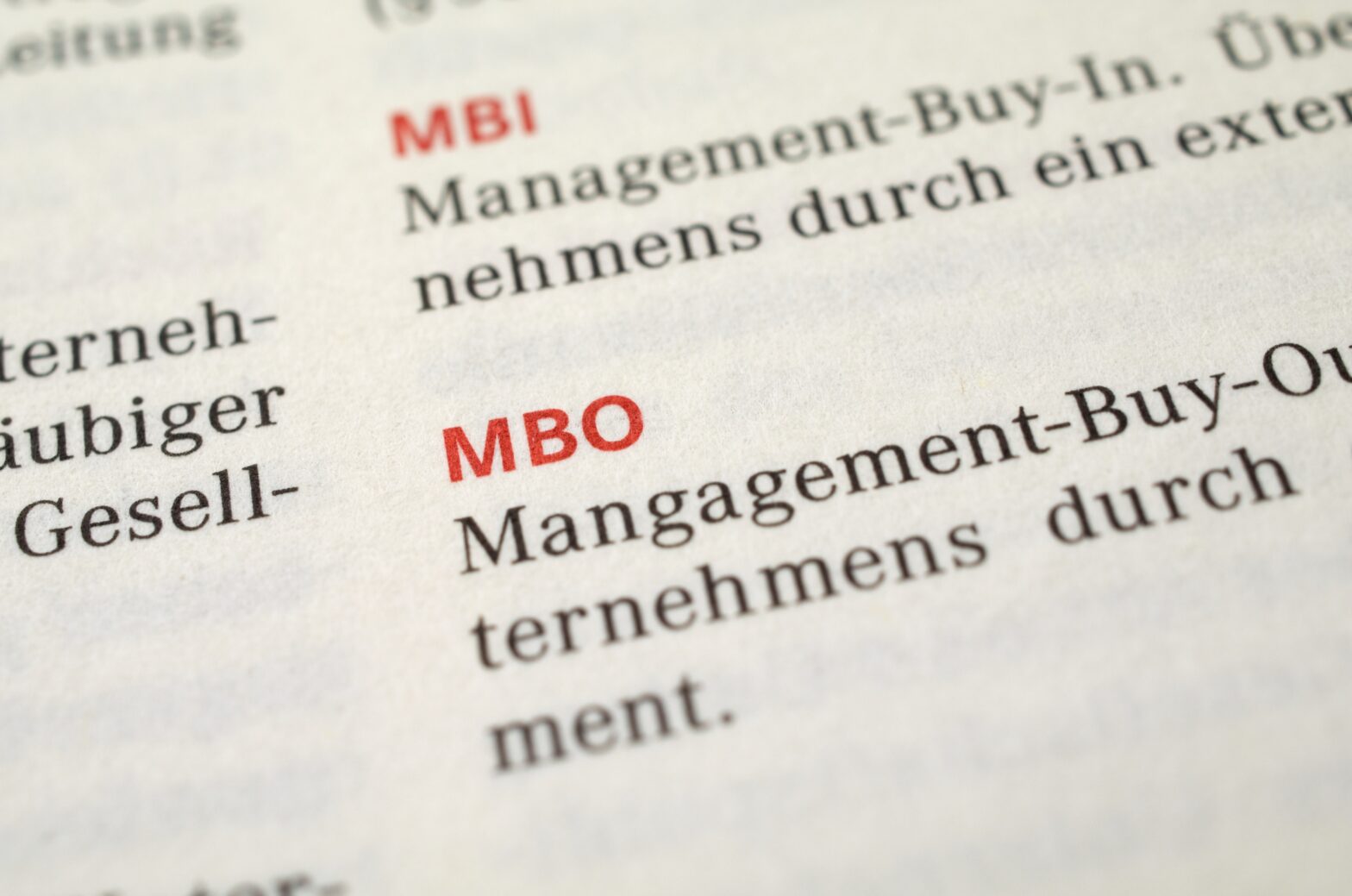Esther McMorris, founder of business consultancy Nine Feet Tall, shares her advice for ensuring a smooth merger or acquisition process.
Once confirmed, a merger or acquisition (M&A) is one of the most complicated situations a business can find itself facing. Everyone within the two companies is affected: processes change, corporate structures are analysed, people transfer departments or choose to leave all together, commercial objectives shift, and company cultures suddenly collide.
The effects stretch much further than internal business considerations. Management has a duty to staff from a human resources perspective. Employees need stability for the sake of customers. Investors need to know the appropriate governance is taking place. There are legal concerns. Mergers and acquisitions are complicated, challenging and full of uncertainty.
This is why planning ahead is imperative. Businesses decide to merge because they have identified a number of advantages that are not possible without unification. A similar belief applies to acquisitions. The acquirer believes the target company possesses the necessary talent, revenue and expertise to elevate their own business and therefore invests accordingly.
Without a clear strategy, the desired business outcomes will fail to materialise and people will have endured an upheaval process for little reward. Bringing together two companies, regardless of size, is not a project with a definitive end. The work begins the moment a merger or acquisition is undertaken.
Strategies for success
Start by building a strategy based around three key elements – caution, focus and clear communication. These should run throughout the entire process because if one is lacking, a merger or acquisition will likely experience resistance and delays, and if all three are ignored, more significant failures can occur.
Every situation has its own set of unique requirements, but generally the following framework is proven to deliver business success:
- Set up an advisory board that includes relevant stakeholders and an external specialist
- Ensure a unified company vision is put into place so all parties understand the new strategic direction
- Engage with employees, discuss any concerns and set individual clear personal and departmental goals
- Implement a comprehensive feedback system that welcomes innovative thinking and constructive criticism
- Constantly evaluate any progress that is made and act swiftly on any complications that arise
- Share and celebrate success regularly.
Bringing together expertise and advice
One of the most challenging aspects is deciding who to listen to, what route to take, how to implement suggestions and how much weight each viewpoint should be given. Undeniably as the businesses involved increase in scale so does the potential complexity, but with any merger or acquisition it is wise to appoint an advisory board to support the process.
This should include key representatives from both companies and an outside specialist to guide the conversation and strategy, and when necessary, mediation services. Select an advisory board that understands the industry and relates to the two businesses involved. Briefing them will also clearly highlight what both companies want from the merger or acquisition.
It is important everyone respects the advisor’s positioning, otherwise they will be undermined or even ignored, therefore wasting their expertise and the investment made in their services.
Designate regular time for face-to-face meetings to keep the lines of communication open and advisors onboard. Results from a 2013 survey found that failure rates increased as the physical distance between the companies and advisers increased. While technology has evolved to allow people to communicate instantly, it is critical that time is set aside for regular updates in person.
Preventing staff from suffering
The same need for visibility applies for the staff experiencing the merger or acquisition. They want to feel supported and that they have a voice. Employees understand that senior management will take the reins, but occasionally they will have valuable feedback they will want to share, as well as need reassurance that the process is running smoothly.
The advisory board is there to communicate any progress, canvas feedback, digest it and action it accordingly. Staff expect disruption during a merger or acquisition, but they also want guidance in how their own roles will function in the future.
Consider setting up group briefing sessions and regular one-to-one meetings to keep staff morale high. If employees are unsure what is taking place, they are more likely to lose focus which can have a knock-on effect on success rates.
If people are kept informed they can help lead the new company in its fresh direction. They will feel more valued than if they were just expected to adjust to new work methods without any say in how things are.
Beginning at the end
Championing the business’ cause demonstrates that staff require constant evaluation, as do any business results. A successful merger or acquisition is one that yields a business positioned for the long-term. Success cannot be fleeting; it must be sustainable. This is the final area where the advisory board can assist.
Regularly reviewing financial progress, marketing programmes and staff morale reveals areas that might require strengthening or streamlining. Even after both businesses have been brought together and the operational process considered complete, there is always work to be done and progress to be made.
Every business wants to expand, and while mergers and acquisitions offer an enticing method for driving business growth, they must be carefully managed from the outset if they are to deliver success long into the future.
See also: Why acquisitions fail – Advice on planning a successful takeover







